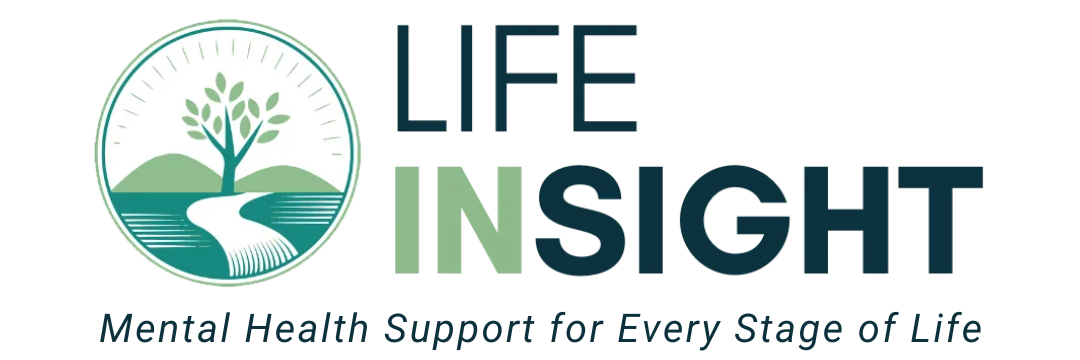PEERS® Social Skills Curriculum for Adolescents & Young Adults
The teenage and young adult years are marked by a great deal of development, change, and growth. Middle school, high school and college experiences are all considered complex processes in which teens and young adults are faced with the challenge of navigating their academic and social environments. Social competency is not only essential for forming meaningful relationships, but also plays a vital role in academic success and overall wellbeing.
In today’s rapidly evolving world, where social interactions are increasingly mediated through screens, face-to-face communication and interpersonal skills can sometimes take a backseat. Strong social skills allow us to effectively communicate, collaborate, and build meaningful relationships with others.
While some may develop social skills naturally, others require direct instruction in order to adopt these skills. At Life Insight, we are offering a wonderful opportunity to help individuals alongside their social coach work toward building social competency. PEERS® is a 15-week evidence-based, internationally acclaimed social skills intervention for those who are motivated and interested in learning new ways of making and keeping friends. During this program, participants are taught important social skills and are given the opportunity to practice these skills in session during socialization activities. Care givers/social coaches attend separate sessions at the same time and are taught how to assist with social networking and provide feedback through coaching during weekly socialization homework assignments. PEERS® may be appropriate for individuals with Autism Spectrum
Disorder, ADHD, Anxiety, Depression or other social and behavioral disorders. Parent participation is required.
Participants will learn how to:
• Use appropriate conversational skills
• Use humor appropriately
• Use electronic communication
• Enter & exit conversations
• Be a good host during get-togethers
• Be a good sport
• Handle arguments and disagreements
• Change a bad reputation
• Handle rumors and gossip
• Handle rejection, teasing and bullying
• Dating skills (for young adults)





